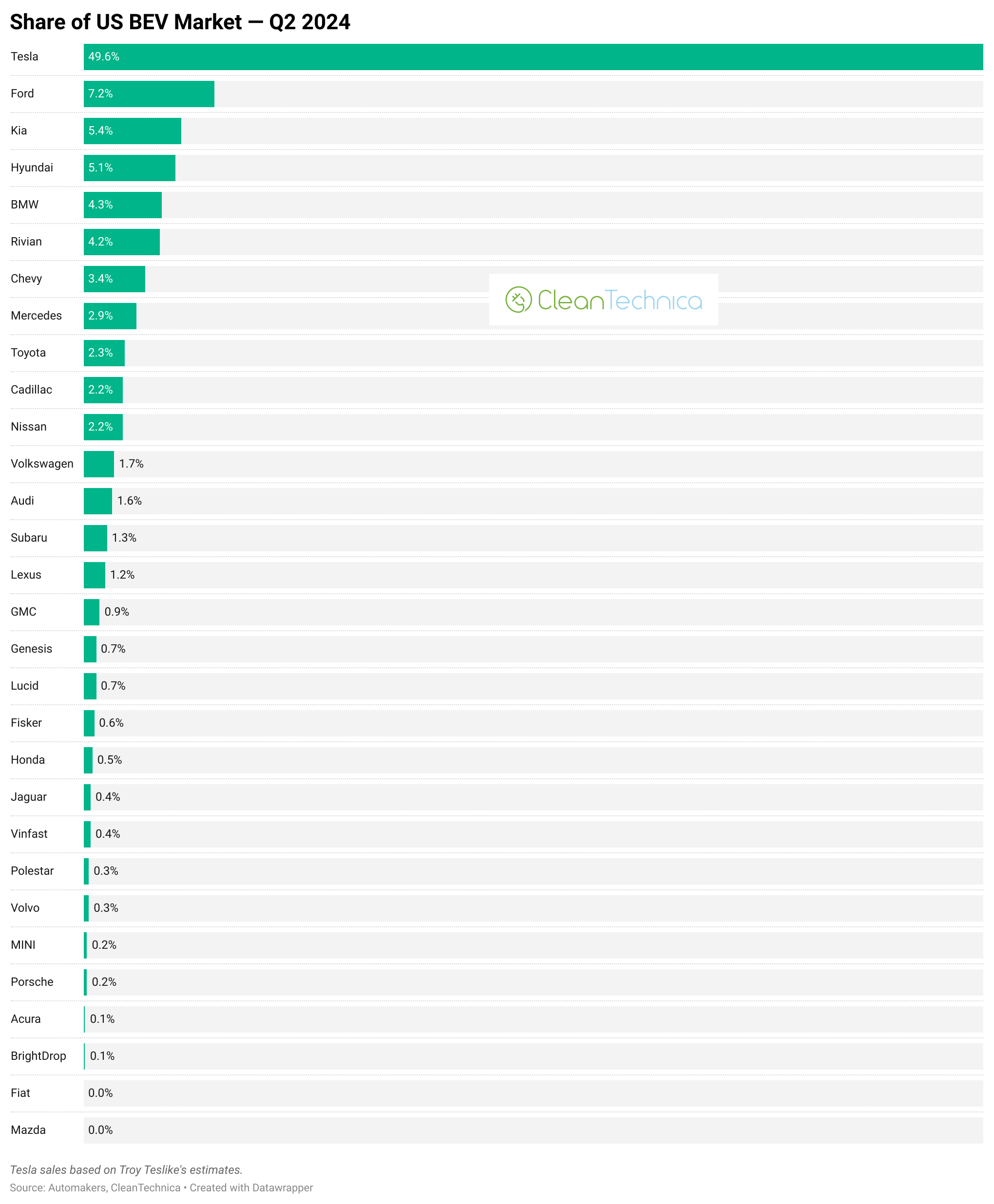Sign up for daily news updates from CleanTechnica on email. Or follow us on Google News!
A few days ago, Bird filed for bankruptcy. While they’re not as exciting as vehicles from companies like Tesla or Rivian, rental scooters have been a big part of the electric transportation story, especially in cities. So, it’s important to look at this story and try to figure out what went wrong and where Bird goes from here.
What’s Bird Scooters?
For those unfamiliar, Bird is an electric scooter company, and it was founded in 2017. Bird offers short-term rental services for electric scooters in over 400 cities worldwide. Besides making money, the company aims to provide eco-friendly transportation options and reduce congestion on roads. With scooters left on sidewalks and ready for anybody to unlock with a smartphone, they’re both easy to use and don’t require anybody to pay for a whole scooter.
But, there have been downsides. In many places, electric scooter companies did things the Uber way, just putting scooters out to rent without trying to work with city officials. By the time city officials got complaints from people complaining about blocked sidewalks, and decided to regulate the scooter market, the companies already had thousands of happy users who would be mad if cities did the lazy thing and went for a total ban on scooter rentals. More importantly, these happy customers were local voters, so cities often had to find other ways to accommodate the industry without banning them entirely.
This is an industry with a lot of competition. There’s not only Bird, but Lime, Spin, and many others.
What Happened?
A story from Business Insider explains that the pandemic was a major blow to the company. Use of scooters before and after the pandemic lockdowns has been great, but the sudden loss of revenues at a time where growth was needed put Bird in a bind that the company has been struggling to get out of. Conditions haven’t been fantastic enough to get out of the hole.
The company went public in a SPAC in 2021, but the company lost most of its value after going public. Then, in 2022, executives had to admit that they had been inflating revenue. So, things got even worse. The founder left the company this year, and then it got delisted from the NY Stock Exchange for not holding enough value over the course of a 30-day period.
Despite all this, the company’s interim CEO thinks the company will be able to climb out of the hole. By being able to manage excess debts and restructure, the plan is to get on an even footing to move forward.
The Scooter Industry Isn’t In Trouble
The CEO may be right, because Bird’s problems don’t stem from problems with rental micromobility. Plenty of companies are doing OK, even if things are tight. There’s no shortage of interest from riders and renters, and scooters are working their way into city life in ways nobody predicted. The thing that isn’t happening now is wild investment, low interest rates, and companies that are able to party their way forward. Things are tough, but manageable.
So, even if Bird can’t pull out of the bad situation it’s in, the rest of the scooter industry is going to be just fine.
Featured image by Bird.
Have a tip for CleanTechnica? Want to advertise? Want to suggest a guest for our CleanTech Talk podcast? Contact us here.
Our Latest EVObsession Video
I don’t like paywalls. You don’t like paywalls. Who likes paywalls? Here at CleanTechnica, we implemented a limited paywall for a while, but it always felt wrong — and it was always tough to decide what we should put behind there. In theory, your most exclusive and best content goes behind a paywall. But then fewer people read it!! So, we’ve decided to completely nix paywalls here at CleanTechnica. But…
Thank you!
CleanTechnica uses affiliate links. See our policy here.



